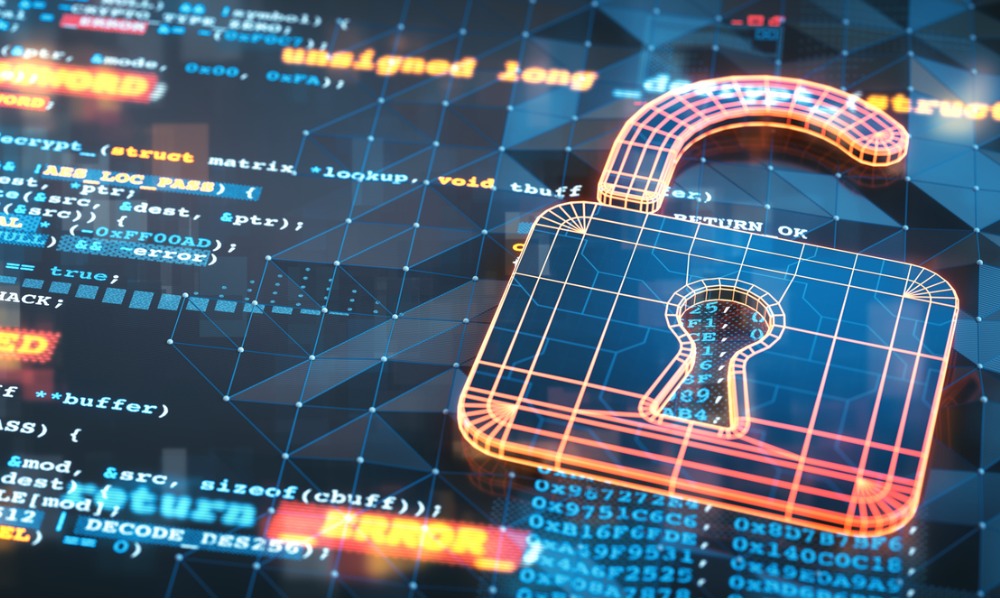Cybersecurity threats surge in Singapore and Malaysia

Cybersecurity threats surge in Singapore and Malaysia | Insurance Business Asia
Cyber
Cybersecurity threats surge in Singapore and Malaysia
Trend prompts ransom payments and strategic overhauls
Cyber
By
Roxanne Libatique
A recent study by tech company Cohesity has spotlighted a rise in concerns about cyberattacks among companies in Singapore and Malaysia.
The research, which surveyed 504 IT and security leaders from both nations, revealed that many businesses are increasingly feeling forced to pay ransoms due to inadequate data recovery capabilities and disruptions to business operations.
Ransomware attacks in Singapore and Malaysia
The survey results suggest a prevailing view among companies that cyberattacks are inevitable.
Most respondents reported experiencing ransomware attacks within the past six months, and the outlook for 2024 is that these threats will only grow.
Nearly all participants (91% in Singapore and 97% in Malaysia) anticipate an increase in cyber threats, with almost half (47%) expecting the threat to rise by over 50%.
About 41% of respondents expressed low confidence in their organisation’s ability to manage current cyber threats. Nonetheless, most companies (92% in Singapore and 95% in Malaysia) conducted stress tests on their data security and recovery processes within the past year, with 56% in Singapore and 67% in Malaysia doing so in the last six months.
Data recovery times after cyberattacks in Singapore and Malaysia
Data recovery times reported by respondents highlighted significant issues. Only 3% of companies stated they could restore data and business operations within 24 hours, with a slightly higher percentage in Singapore (5%) compared to Malaysia (1%).
The majority indicated recovery times spanning from one to two weeks, and 13% reported needing over three weeks. Despite these delays, 97% of respondents said their goal is to achieve data recovery within a day.
Due to these recovery challenges, many companies have opted to pay ransoms. Over 82% of respondents (80% in Singapore and 85% in Malaysia) indicated that their organizations would pay a ransom to restore data and business operations.
Notably, nearly three in five respondents in Singapore and almost three in four in Malaysia would be willing to pay over US$1 million, with a smaller percentage willing to pay over US$5 million.
“It’s not earth-shattering that organisations are being hit with cyberattacks,” said James Blake, global cyber resilience strategist at Cohesity, as reported by Security Brief Asia. “But what is of major concern is that 69% of respondents said their organisation had paid a ransom, with many breaking their ‘do not pay’ policies because they either can’t recover their data and restore business processes or overestimate their cyber resilience capabilities.”
Data access control measures in Singapore and Malaysia
The survey also examined data access control measures, with only 66% of companies implementing multi-factor authentication, 57% enforcing administrative rules requiring multiple approvals, and 55% using role-based access controls.
“The fact that just over two in three have one of the three most important data access controls deployed demonstrates the significant risk that Singaporean and Malaysian companies have in being able to recover as fast as possible,” said Sathish Murthy, director of systems engineering at Cohesity ASEAN & India, as reported by Security Brief Asia.
Gaps in compliance with data privacy laws in Singapore and Malaysia
The study also revealed gaps in compliance with data privacy laws, with only 56% of respondents confident in their IT and security capabilities to identify sensitive data.
Additionally, 88% noted that advanced threat detection and data classification were crucial for securing cyber insurance or obtaining policy discounts.
AI-based cyber threats a key concern in Singapore and Malaysia
Moreover, the rise of AI-based cyber threats was a key concern.
Four in five respondents (76% in Singapore and 85% in Malaysia) reported encountering AI-based threats in the past year, although 89% believed they possessed the necessary AI-powered tools to counter these attacks.
Related Stories
Keep up with the latest news and events
Join our mailing list, it’s free!






